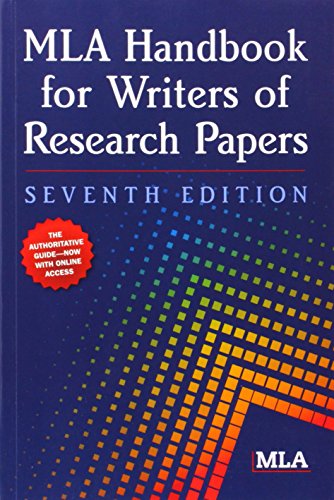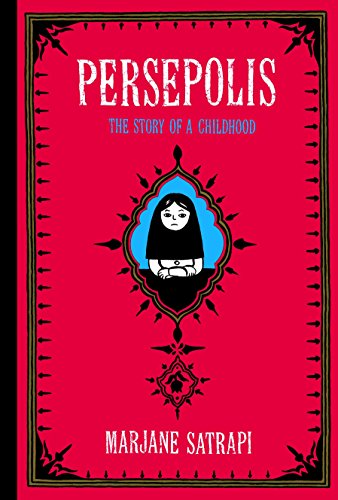About The Book
Looks at the role of Jewish American fiction in the larger context of American culture.In American Talmud, Ezra Cappell redefines the genre of Jewish...
Read more
American fiction and places it squarely within the larger context of American literature. Cappell departs from the conventional approach of defining Jewish American authors solely in terms of their ethnic origins and sociological constructs, and instead contextualizes their fiction within the theological heritage of Jewish culture. By deliberately emphasizing historical and ethnographic links to religions, religious texts, and traditions, Cappell demonstrates that twentieth-century and contemporary Jewish American fiction writers have been codifying a new Talmud, an American Talmud, and argues that the literary production of Jews in America might be seen as one more stage of rabbinic commentary on the scriptural inheritance of the Jewish people.“Ezra Cappell’s American Talmud is a brave book.†— American Literary Scholarship“The question of the Jewishness of Jewish American writers is the central question of the genre, and Cappell tackles this question head on. Cappell’s incisive, wise, and utterly convincing examination of the theological underpinnings of the contemporary Jewish American imagination will surely have to be reckoned with as it cuts against the grain of much contemporary literary criticism in the field.†— Andrew Furman, author of Israel Through the Jewish-American Imagination: A Survey of Jewish-American Literature on Israel, 1928–1995“With both authority and a rare kind of scholarly clarity, Cappell connects the issues of Jewish modernity—identity, memory, nature of evil, role of God in history—between Talmud and postmodernity in America. This book not only makes the case for the continuing habit of Jewish American writers to revisit their religious archives, but also for cultural studies to include the sedimentation of religious culture in its historicizing of American culture.†— Gloria L. Cronin, coeditor of Jewish American and Holocaust Literature: Representation in the Postmodern World
Hide more




